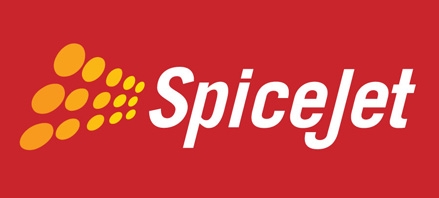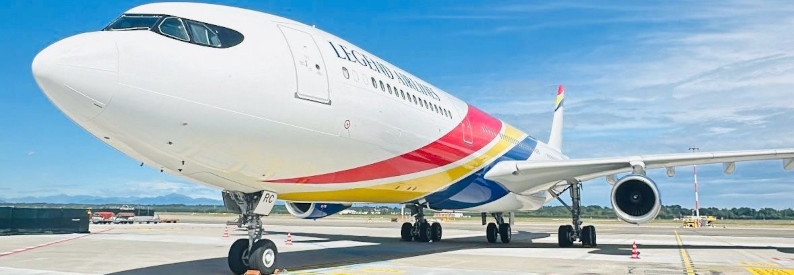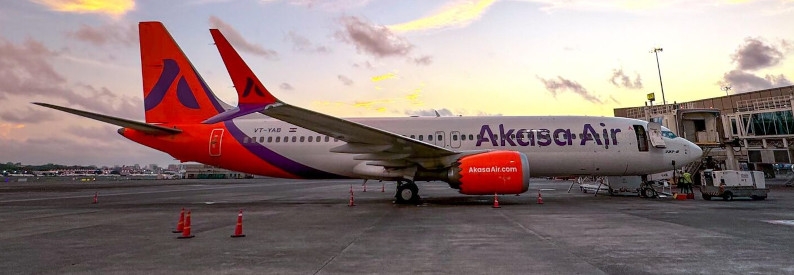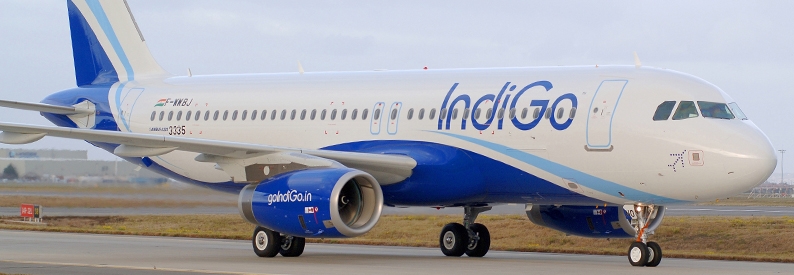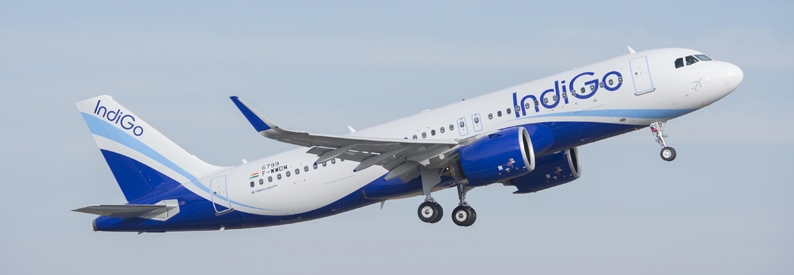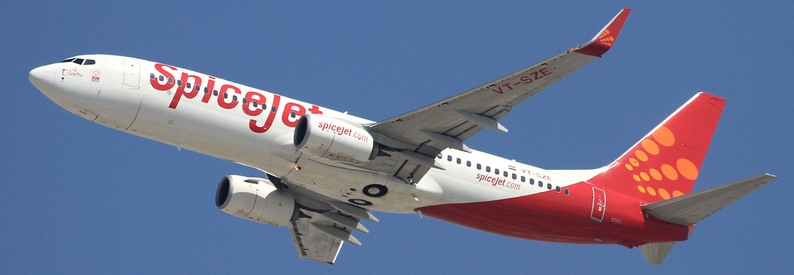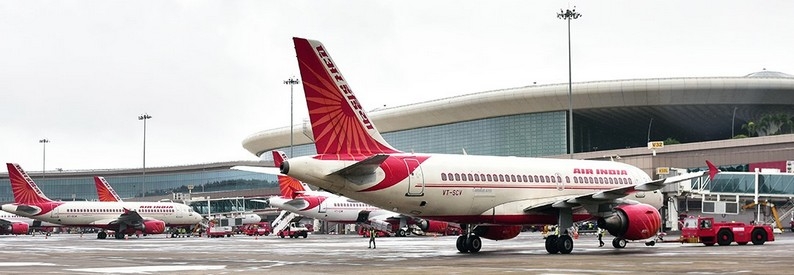SpiceJet (SG, Delhi International) and Irish lessor Goshawk have been urged to mutually mediate by a UK court, as the judge recognised that the airline was at fault but said that forcing the struggling low-cost carrier to pay could result in its insolvency, documents from the High Court of Justice in London show.
Goshawk affiliates Sabarmati Aviation Leasing Limited and Falgu Aviation Leasing Limited, formerly known as Sky Aircraft Cassia Two and Sky Aircraft Cassia One, respectively, sued SpiceJet together with Wilmington Trust SP Services (Dublin), a Wilmington Trust Corporation affiliate - acting as trustee for BOC Aviation (Ireland) Limited - for an amount in excess of USD25.6 million in unpaid leases.
The leases relate to B737-800 VT-SZJ (msn 41397) under a contract signed in August 2013 and two B737-8s, VT-MXF (msn 64507) and VT-MXJ (msn 64509), signed up for in June 2018. The airline has admitted that it cannot pay the outstanding principal sums, which the court papers show as being USD2,464,600, USD11,663,457, and USD11,534,534.
In a summary judgement, without resorting to a full trial, Julia Dias QC ruled that Goshawk was right to claim the amounts but refused to take action against SpiceJet.
“It would be appropriate to grant a stay of execution in relation to these claims,” she said.
SpiceJet’s ability to pay “was wholly dependent on its ability to operate the aircraft and, through no fault of its own, the wholly unforeseeable ‘double whammy’ of Covid and the MAX 8 tragedies now renders it unable to fly msn 64507 and msn 64509 at all and able to operate msn 41397 only to a very limited and unprofitable extent,” the judge added.
“Execution of all judgements is to be stayed for a period to allow the parties to undertake mediation or some other form of alternative dispute resolution and, in the case of [Wilmington Trust’s] claim, at least until trial of the remaining claims and cross-claims between the parties,” the ruling concluded.
Airline executives told India’s Business Standard newspaper that the ruling was a relief for carriers like SpiceJet, which have been unable to keep up with lease payments because of the impact of Covid-19 on travel demand. But lessors called it “disappointing”.
“Normally, lease agreements are covered under the ‘hell or high water’ clause, which implies that airlines should continue paying lease rentals irrespective of any issues like financial losses. This judgement casts doubt on that protection and gives a breather to airlines,” an unnamed leasing executive told the newspaper.
Goshawk was not immediately available for comment.
Last month, it was reported that Wilmington Trust Corporation and two unnamed aviation companies were suing SpiceJet at the UK High Court for about USD16.2 million, which they claimed was owed under three lease agreements. As previously reported, SpiceJet faces several court cases amid ongoing financial losses, with its auditor last year casting doubt over its status as a going concern in the carrier’s most recent annual report.
- Type
- Base
- Aircraft
- Destinations
- Routes
- Daily Flights
